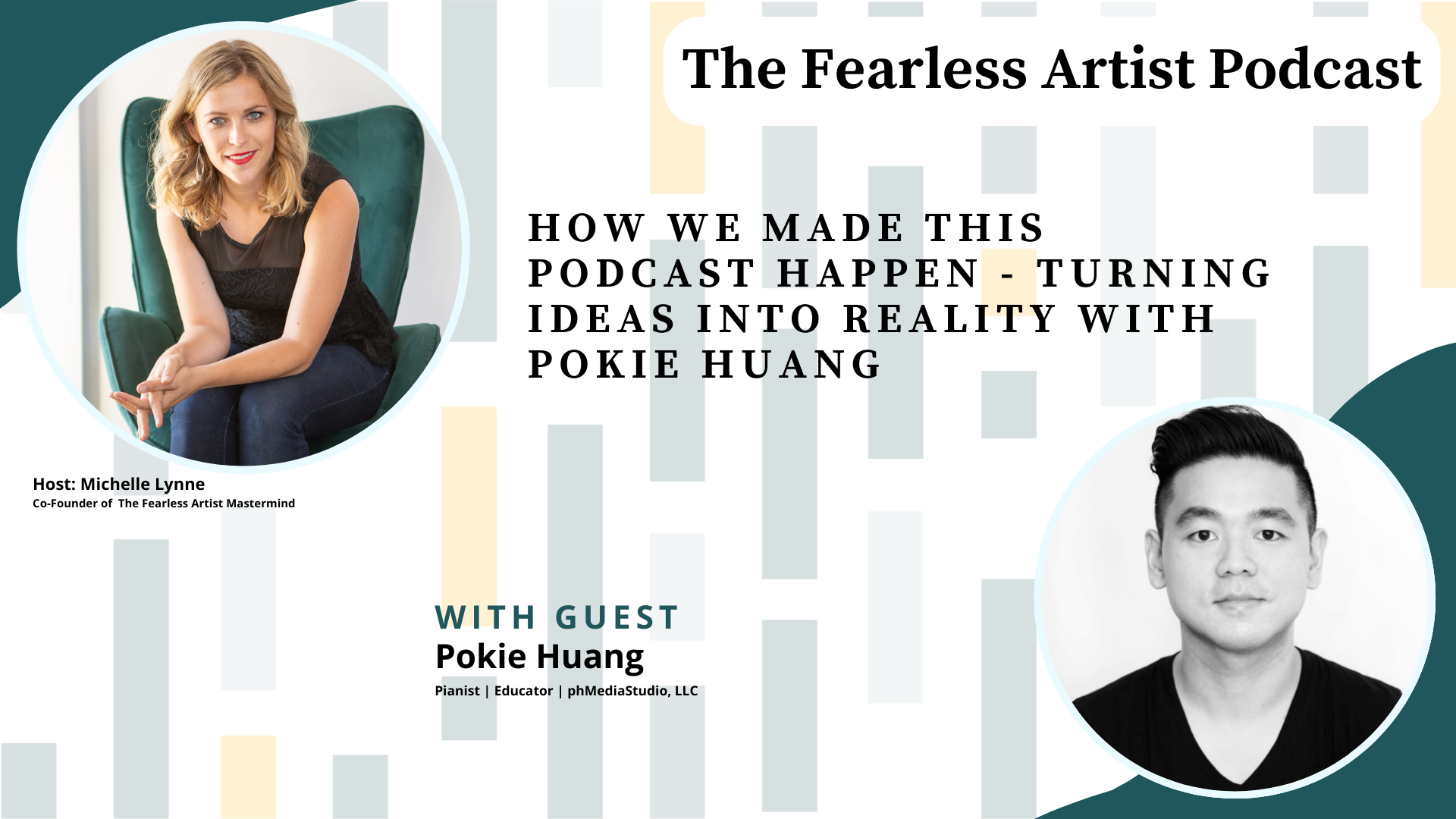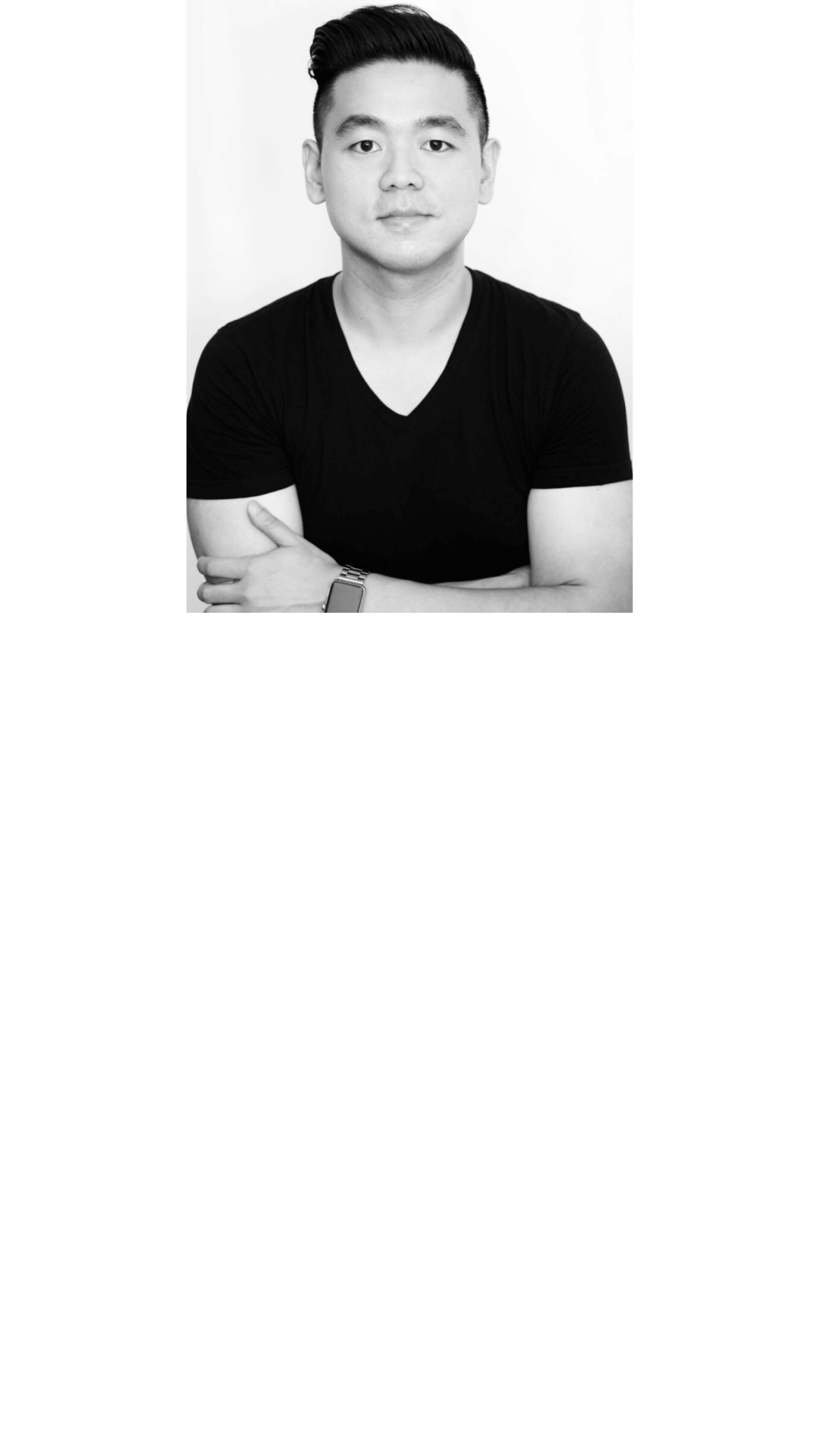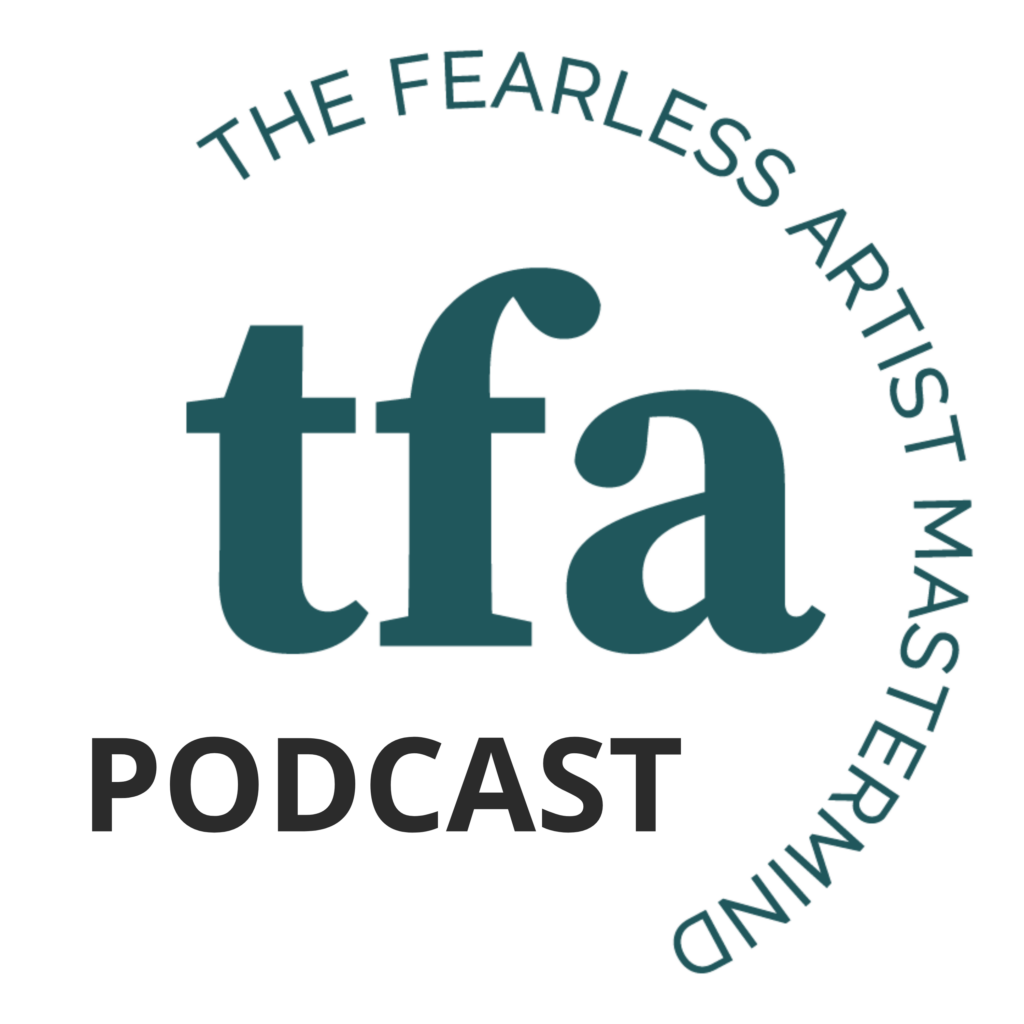How we made this podcast happen – turning ideas into reality with Pokie Huang
Episode 25

Guest:
Pokie Huang
Pianist | Educator | phMediaStudio, LLC
As a technology enthusiast, I am always on the lookout for the latest and most innovative advancements in the industry. My background in classical music has allowed me to combine my passions and assist music professionals in building their online presence. I have worked with various organizations, helping them to expand and grow their online profile.
In addition to my work in technology, I also run a teaching studio that offers piano lessons for all ages and skill levels. I teach both in-person in New York area and remotely.

Subscribe to The Fearless Artist Podcast
Intro/Outro music by Michelle Lynne • Episode produced by phMediaStudio, LLC
